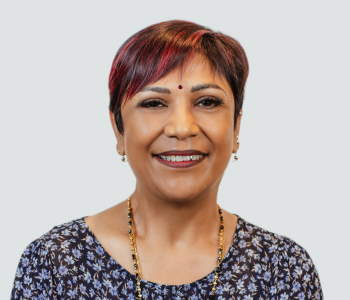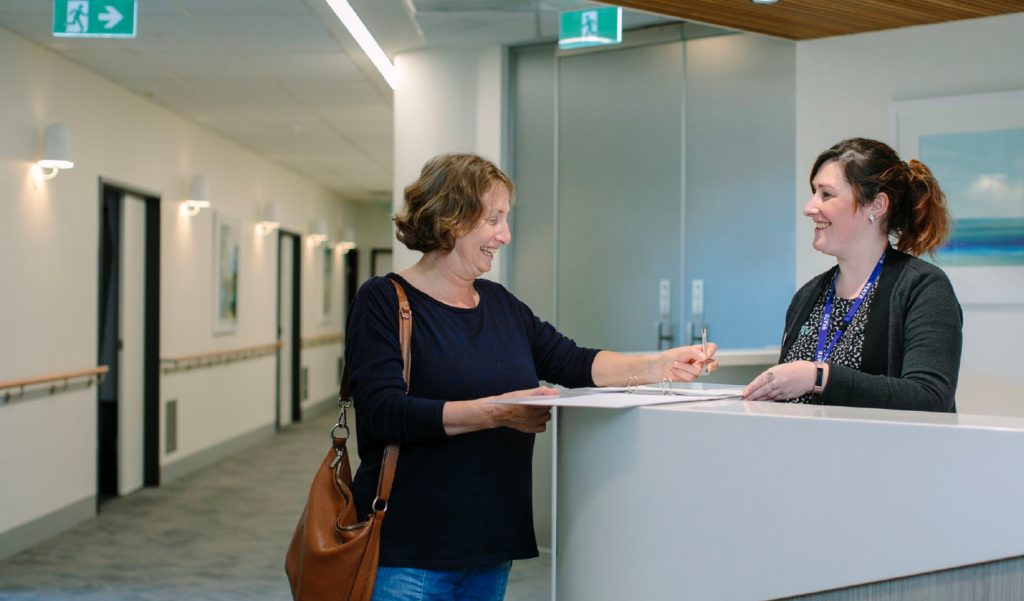Welcome to Bundaberg Private Day Hospital
Bundaberg Private Day Hospital is a two-theatre and single procedure room, multi-specialty day hospital located in Bundaberg Queensland. Running state-of-the-art medical technology and operating theatres, we have earned a reputation for personalised care and excellence in day surgery for the people of the Bundaberg and surrounding regions aged 16 years and over.
At Bundaberg Private Day Hospital we take pride in providing you with personalised care and understanding your individual needs. We understand that attending a hospital can be stressful and that you’ll want to return to the comfort of your home and your regular routine as quickly as possible, while also feeling confident about your recovery. The video below has been made to help you better understand what to expect on your journey through our hospital.

At Bundaberg Private Hospital our day surgery team are all experts in their designated fields. We are dedicated to your care, with a focus on the safest course to a fast recovery in a warm, calm, friendly and comfortable environment.
Dheena Naidoo
General Manager / Director of Nursing
Patient information
Feeling safe, comfortable and ready for your operation is vital for a successful hospital stay.
We’ll help you prepare for your visit and make sure you have everything you need. One of our nursing team will call you the day before your admission to confirm your fasting instructions and admission time. This is your opportunity to ask questions about your procedure and discuss any concerns you may have.
Aboriginal & Torres Strait Islander Peoples
We acknowledge and pay respects to the people of the Taribelang Bunda, Gooreng Gooreng, Gurang, and Bailai Peoples of Bundaberg and all their descendants both past and present.
We also acknowledge the many Aboriginal peoples from other regions as well as Torres Strait and South Sea Islander peoples who now live in the local area and have made an important contribution to the community.
-
Our commitment
Awareness of the importance of different cultures and acceptance of this diversity as a part of modern Australia is central to the Bundaberg Private Day Hospital culture. Increased acceptance across all aspects of our society is critical in helping us create a more united Australia.



